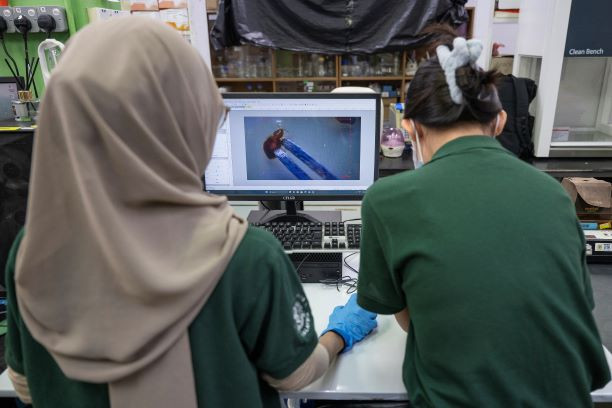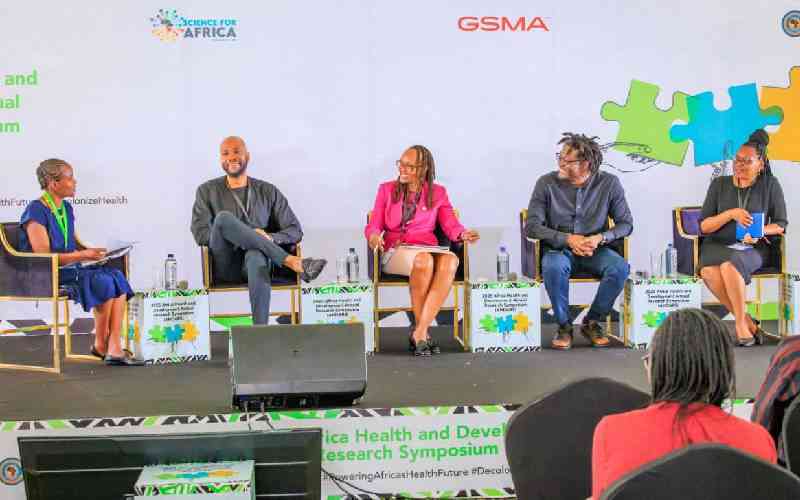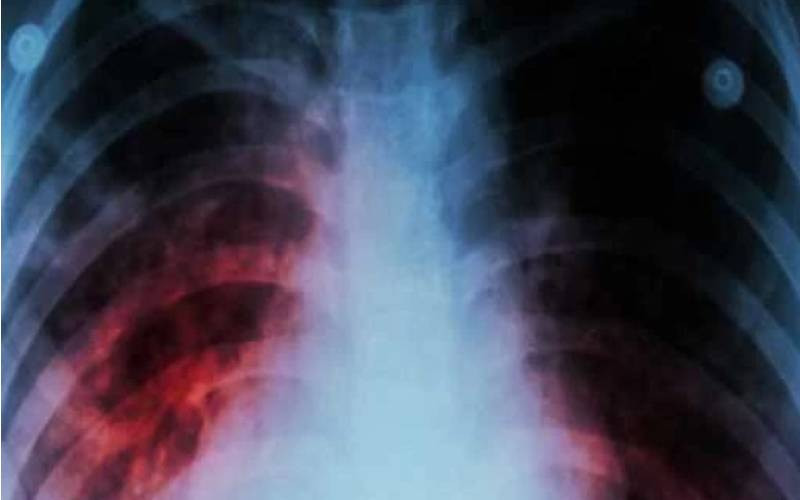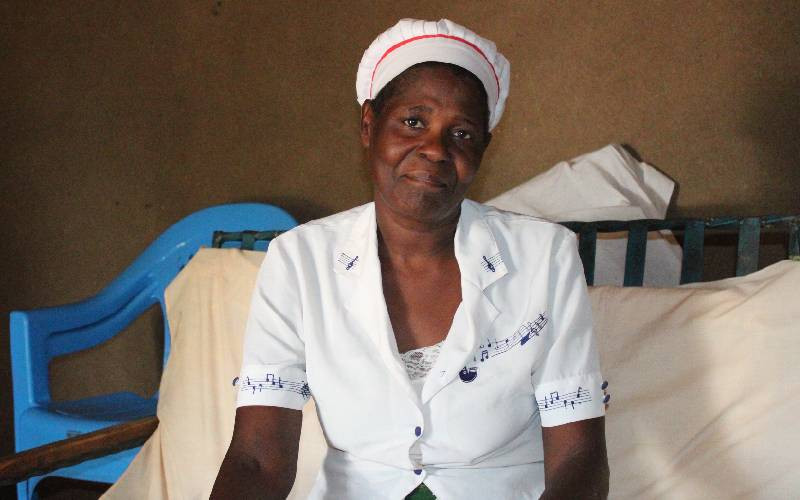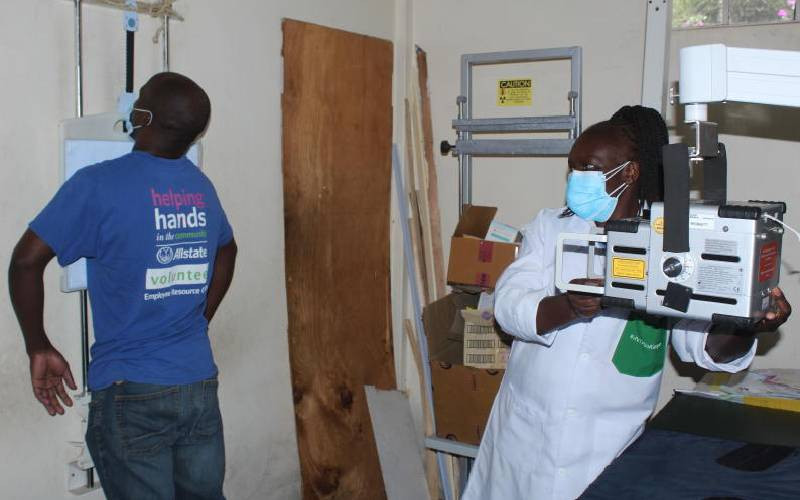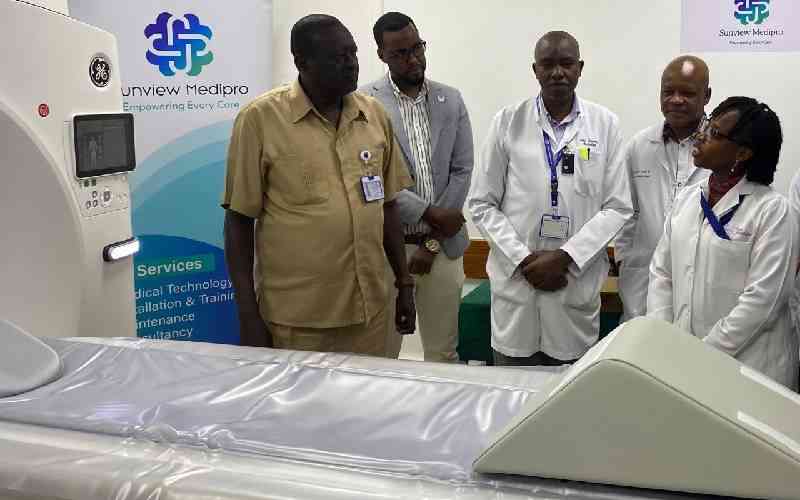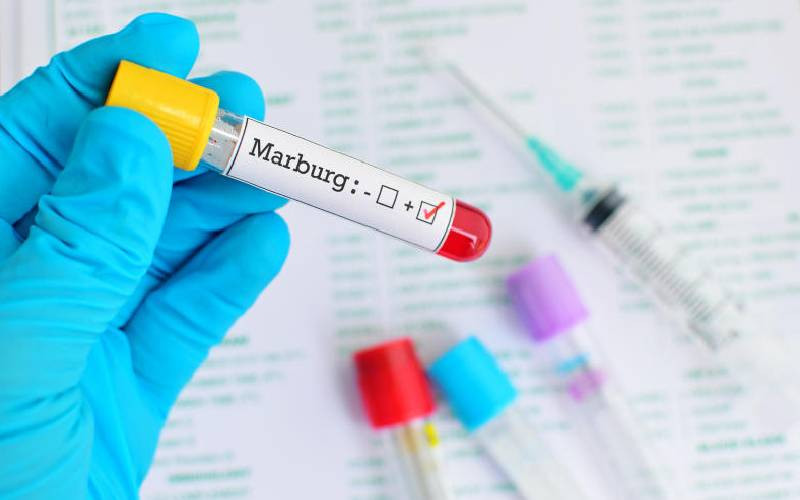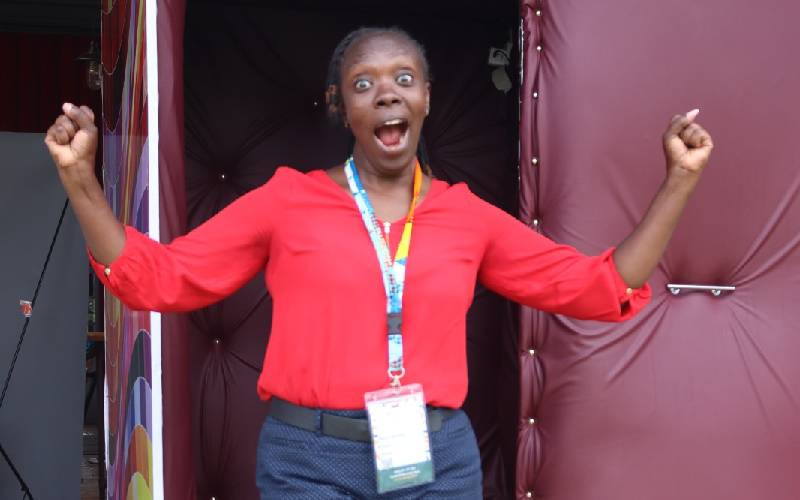
Kenyan employers are being urged to rethink workplace mental health after Thalia Psychotherapy on Monday unveiled its portable Scream Therapy Room at the 3rd Transforming African MedTech Conference (TAMC).
The modern, voice-guided booth gives employees 12 seconds to safely “let go,” visualising the release and translating peak decibels into familiar Kenyan sound references — from tumbili to ndovu.
“It looks playful, but the intent is serious: to make mental health tangible, stigma-free, and a true entry point to care,” said Maryann Anyango, Behavioural Innovation Lead at Thalia.
Facts First
Unlock bold, fearless reporting, exclusive stories, investigations, and in-depth analysis with The Standard INSiDER subscription.
Already have an account? Login
 The Standard Group Plc is a multi-media organization with investments in media
platforms spanning newspaper print
operations, television, radio broadcasting, digital and online services. The
Standard Group is recognized as a
leading multi-media house in Kenya with a key influence in matters of national
and international interest.
The Standard Group Plc is a multi-media organization with investments in media
platforms spanning newspaper print
operations, television, radio broadcasting, digital and online services. The
Standard Group is recognized as a
leading multi-media house in Kenya with a key influence in matters of national
and international interest.

